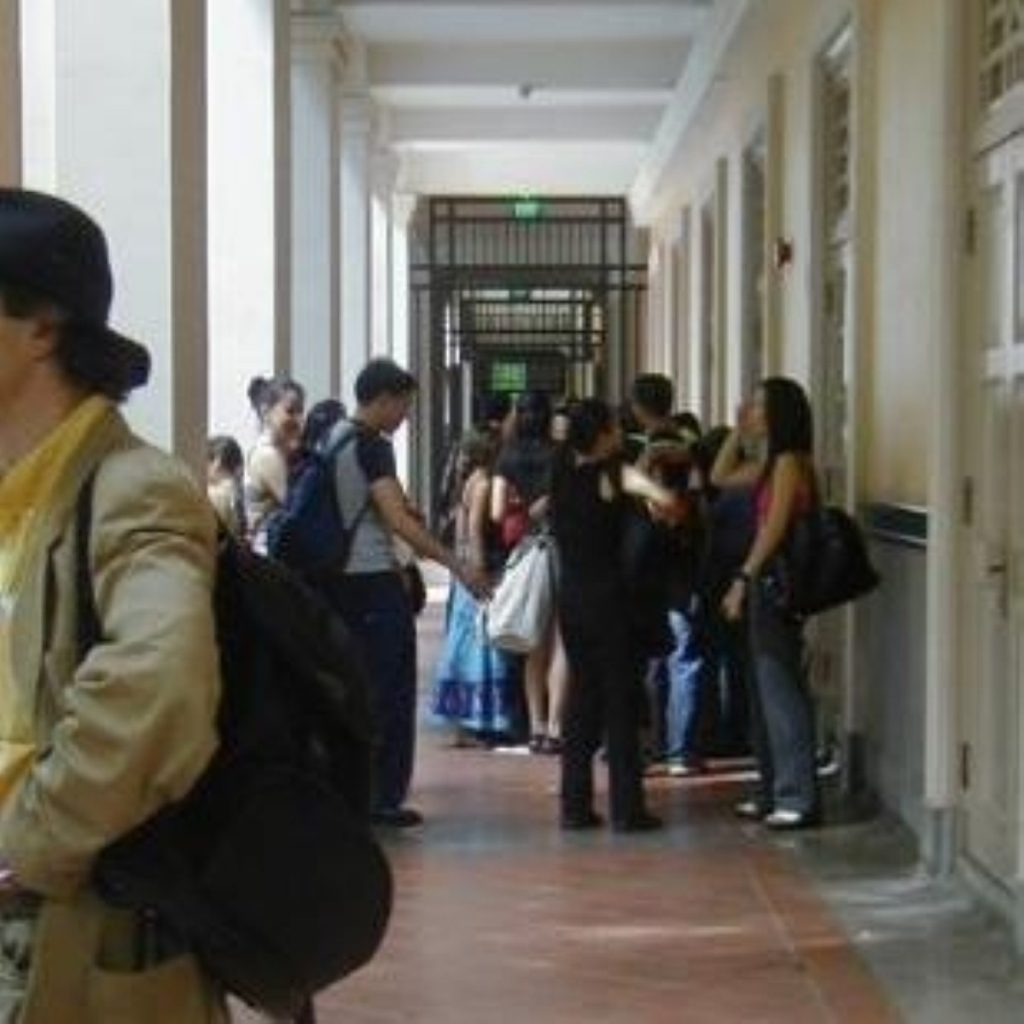Ofsted reports “satisfactory” start for vocational GCSEs
Ofsted has reported that performance in the first two years of vocational GCSEs has been “satisfactory” but further improvements are needed.
Eight new vocational GCSEs were introduced in September 2002 in Applied Art and Design, Applied Business, Leisure and Tourism, Health and Social Care, Manufacturing, Engineering, Applied Science and Applied ICT. Seven were developed from existing GNVQ subjects, but Applied Science is completely new.
The first students taking the courses have now sat their final exams, with results due out in August.
Ofsted found that the new courses have succeeded in diversifying the curriculum at Key Stage Four and have also succeeded in “improving the behaviour, motivation and attitudes of the pupils taking them.”


However, the inspectors found that the courses needed to be distinguished more from traditional courses and raised concerns about the level of achievement in many leisure and tourism courses.
They highlight the fact that the majority of teachers taking leisure and tourism courses are geography teachers with little or no previous experience of teaching vocational courses.
Chief Inspector of Schools, David Bell said: “The new GCSEs have got off to a satisfactory start but we now need to look more carefully at how to bring to life the vocational element of the courses to ensure that pupils have more relevant work-related experiences and are able to translate theory into practice.”
“Teachers on the new courses are committed and enthusiastic, but those new to teaching vocational subjects must have professional development opportunities to ensure that they have relevant and up-to-date vocational knowledge and experience to teach them effectively.”
Though the courses are well regarded by pupils and parents, Ofsted points to a tendency for the courses to be taught to lower attaining pupils and not held in the same regard as traditional GCSEs.
Ofsted recommends that there is clearer guidance to schools of the sort of vocational experiences they should provide to pupils and that a more coherent national infrastructure of support organisations is developed.
It also calls for teachers to be given professional support to update themselves with current practise in the relevant vocational areas.
The general secretary of the Association of Teachers and Lecturers (ATL), Dr Mary Bousted, said that more must be done to tackle the “snobbery” surrounding the academic/ vocational divide.
Dr Bousted said: “Work-related learning will be statutory for all pupils at Key Stage 4 from September, but too much emphasis still remains on maintaining the status quo. The snobbery surrounding the academic/vocational divide has to be tackled. If it is allowed to prevail, vocational pathways will continue to be seen to exist only for those young people who cannot cope with the traditional courses.”

